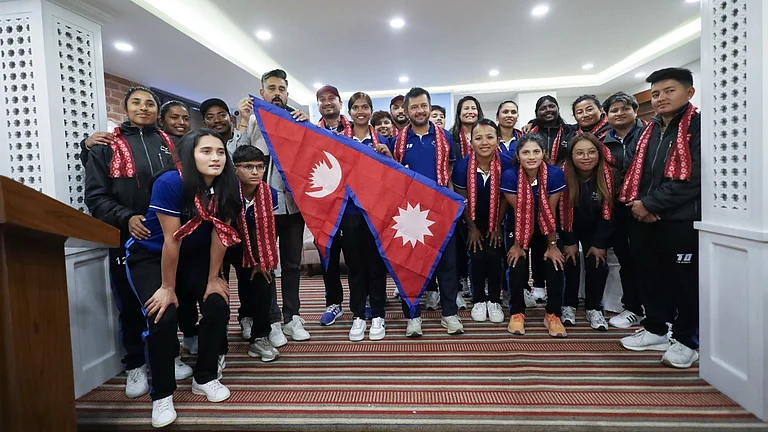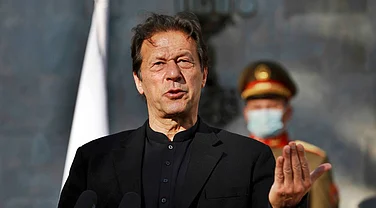Sheikh Hasina, the Prime Minister of Bangladesh and leader of the Awami League party, has been re-elected for a fifth term. Her party won over 50 per cent of the vote in an election marred by violence and boycotted by the main opposition BNP party.
The current elections in Bangladesh witnessed a boycott by opposition parties whose ranks have been decimated by mass arrests.
Hasina has presided over exceptional economic growth in a country once beset by grinding poverty, but her government has been accused of rampant human rights abuses and a ruthless opposition crackdown.
The opposition Bangladesh Nationalist Party (BNP) and other parties staged months of protests last year demanding Hasina step down ahead of the vote.
Around 25,000 opposition cadres including the BNP's entire local leadership were arrested in the ensuing crackdown, the party says.
The government puts the figure at 11,000.
Scattered protests continued in the days ahead of the election, including a few hundred opposition supporters who marched through central Dhaka on Friday—a shadow of the hundreds of thousands seen at rallies last year, it said.
'Sham election'
Politics in the world's eighth-most populous country was long dominated by the rivalry between Hasina, the daughter of the country's founding leader, and two-time premier Khaleda Zia, wife of a former military ruler.
Hasina, 76, has been the decisive victor since returning to power in a 2009 landslide, with two subsequent polls accompanied by widespread irregularities and accusations of rigging.
Zia, 78, was convicted of graft in 2018 and is now in ailing health at a hospital in the capital Dhaka, with her son Tarique Rahman helming the BNP in her stead from exile in London.
The report quoting Rahman said that his party, along with dozens of others, had refused to participate in a "sham election".
'Dangerous combination'
Hasina has accused the BNP of arson and sabotage during last year's protest campaign, which was mostly peaceful but saw several people killed in police confrontations.
Her government's security forces have long been dogged by allegations of excessive use of force -- charges it denies.
The United States, the biggest export market for the South Asian nation of 170 million, has sanctioned an elite police unit and its top commanders accused of extrajudicial killings and enforced disappearances.
Economic headwinds have left many dissatisfied with Hasina's government, after sharp spikes in food costs and months of chronic blackouts in 2022.
Wage stagnation in the garment sector, which accounts for around 85 percent of the country's $55 billion in annual exports, sparked industrial unrest late last year that saw some factories torched and hundreds more shuttered.


























